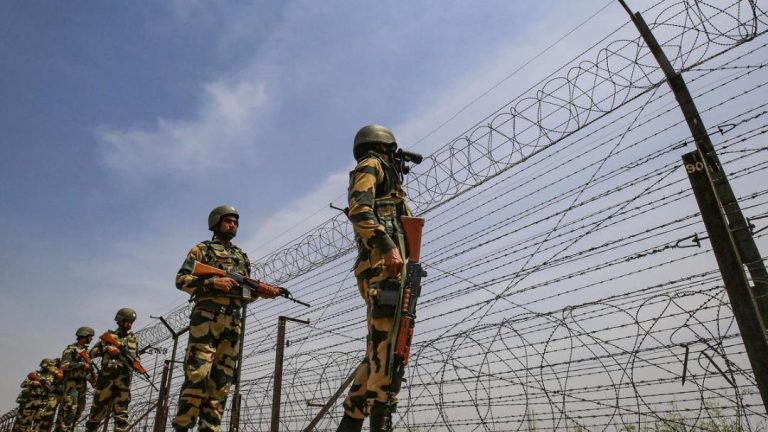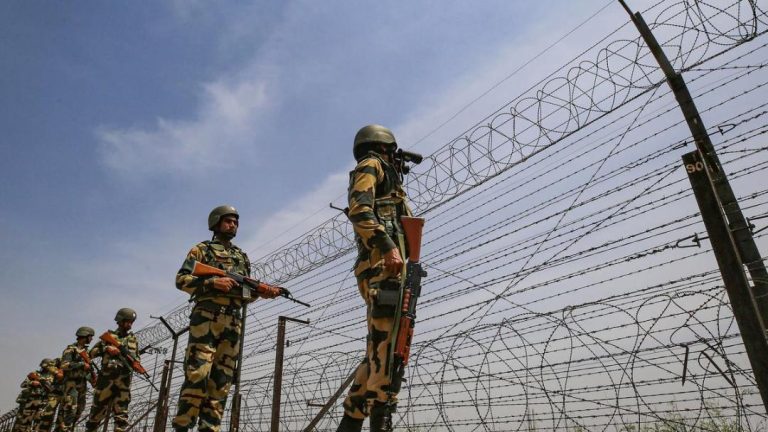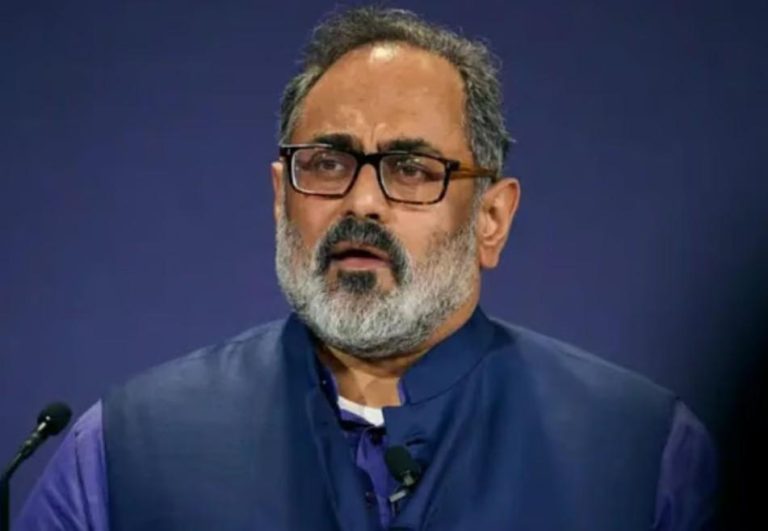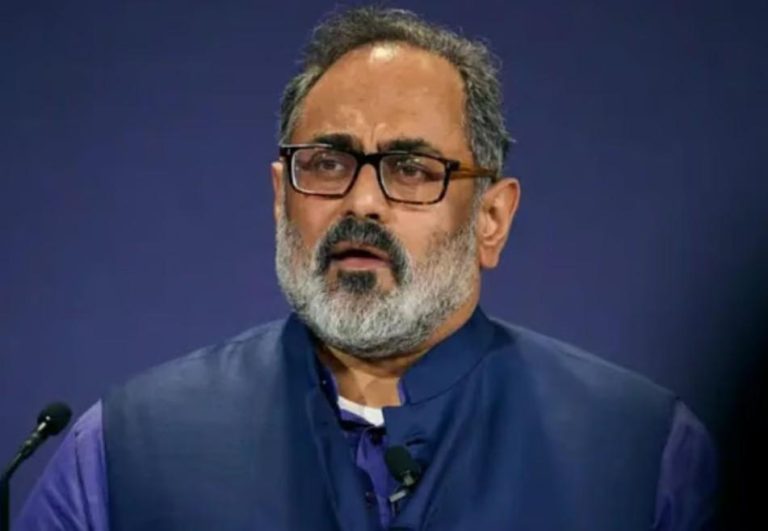
Indian National Jailed for 4 Years in Sri Lanka for Match-Fixing
Cricket, the gentleman’s game, has been plagued by the scourge of match-fixing for decades. The recent sentencing of an Indian national, Yogi Patel, to four years in prison for his involvement in match-fixing in Sri Lanka’s 2024 Legends League T20 tournament serves as a stark reminder of the gravity of this issue.
According to reports, Patel was found guilty of proposing to fix matches during the tournament and was subsequently fined a staggering SLR 85 million (approximately USD 450,000). Additionally, he was ordered to pay SLR 2 million (approximately USD 10,000) to Upul Tharanga, the chairman of Sri Lanka’s national selectors, for defamation.
The incident occurred during the tournament, which featured a mix of retired international cricketers and local players. The Sri Lankan police launched an investigation after receiving a tip-off about suspicious activities involving Patel and other players.
Patel, a 35-year-old Indian national, was arrested and charged with match-fixing and other related offenses. After a lengthy trial, he was found guilty of the charges and sentenced to four years in prison. The court also ordered him to pay the fines and damages.
This incident is a significant setback for the cricketing community in Sri Lanka, which has been working hard to restore the sport’s reputation after a series of scandals and controversies. The Sri Lankan cricket board has been implementing various measures to prevent match-fixing, including the introduction of stricter anti-corruption rules and increased security measures.
The sentencing of Patel serves as a warning to others involved in match-fixing that the authorities will not hesitate to take action against those found guilty. It also highlights the importance of vigilance and cooperation between the cricketing community, law enforcement agencies, and the public in preventing such incidents.
Match-fixing is a complex issue that has far-reaching consequences for the sport. It can lead to the erosion of trust between players, fans, and the sport itself. It can also result in the loss of revenue for teams and leagues, as well as damage to the reputation of individual players and the sport as a whole.
The Indian national’s involvement in match-fixing in Sri Lanka is a concerning development, as it highlights the ease with which individuals can engage in such activities across international borders. It underscores the need for greater cooperation and information sharing between cricketing nations and law enforcement agencies to prevent match-fixing.
The Sri Lankan cricket board has taken steps to address the issue of match-fixing, including the introduction of a comprehensive anti-corruption code. The code outlines the roles and responsibilities of players, officials, and team management in preventing match-fixing.
The code also provides for the implementation of various measures to prevent match-fixing, including the monitoring of player activities, the use of technology to detect suspicious behavior, and the provision of education and training to players and officials.
The sentencing of Patel is a positive step towards combating match-fixing in Sri Lanka and the wider cricketing community. It serves as a reminder that match-fixing will not be tolerated and that those found guilty will face severe consequences.
In conclusion, the sentencing of Yogi Patel to four years in prison for match-fixing in Sri Lanka’s 2024 Legends League T20 tournament is a significant development in the fight against corruption in cricket. It highlights the importance of vigilance, cooperation, and effective anti-corruption measures in preventing match-fixing and restoring the sport’s reputation.
As the cricketing community continues to grapple with the issue of match-fixing, it is essential that players, officials, and fans work together to prevent such incidents. The sentencing of Patel serves as a warning to others involved in match-fixing that the authorities will not hesitate to take action against those found guilty.
It is also important to recognize the efforts of the Sri Lankan cricket board and law enforcement agencies in combating match-fixing. Their commitment to preventing corruption in the sport is crucial in restoring the trust and credibility of cricket.
Ultimately, the fight against match-fixing is a collective responsibility that requires the cooperation of all stakeholders in the cricketing community. By working together, we can ensure that cricket remains a sport that is true to its values of fair play, sportsmanship, and integrity.






